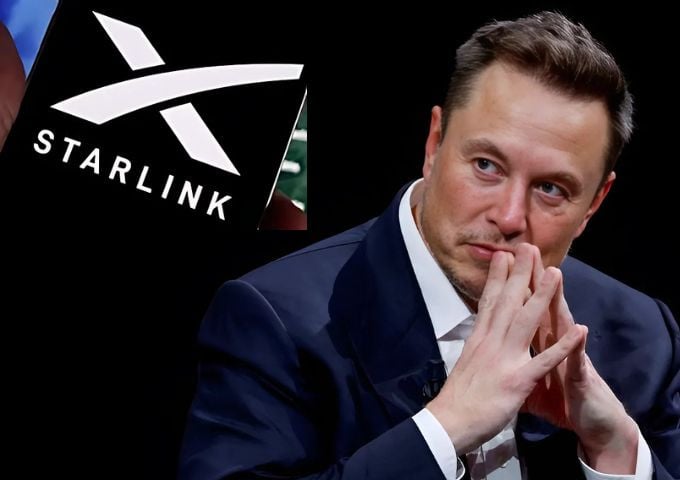
Starlink’s Expansion in Pakistan: A Game-Changer for Satellite Internet
Starlink, the revolutionary satellite internet service spearheaded by tech mogul Elon Musk, is making significant strides towards establishing its presence in Pakistan. This move has the potential to transform the country’s digital landscape, offering high-speed internet access to even the most remote areas.
The Path to Pakistani Operations
Starlink has taken a crucial step by officially registering with Pakistan’s Securities and Exchange Commission (SECP) under the Internet Services (Private) Limited.” This registration marks a pivotal moment in the company’s expansion plans for the region.
As part of its ambitious strategy, Starlink has submitted applications for:
- A long-distance international (LDI) license
- 14 Local Loop licenses
These applications are essential for Starlink to provide its cutting-edge satellite-based internet services across Pakistan.
Ground Stations and Infrastructure
To ensure seamless connectivity, Starlink has proposed the establishment of two to three ground stations within Pakistan. These stations will serve as vital links between the satellite network and terrestrial infrastructure, enabling direct satellite internet access for customers nationwide.
Regulatory Hurdles and Security Clearance
Before Starlink can launch its services in Pakistan, several regulatory requirements must be met:
- Security clearance
- Approval from the Pakistan Telecommunication Authority (PTA)
- Compliance with the National Satellite Policy 2023 and Pakistan Space Activities Rules 2024
The PTA has forwarded the matter to the Ministry of Information Technology and Telecommunication (MOITT) for further stakeholder engagement, as part of the regulatory process.
Potential Impact and Concerns
The introduction of Starlink’s satellite internet service could significantly boost Pakistan’s digital infrastructure, particularly in underserved areas. However, some concerns have been raised:
- Security implications of satellite-based internet
- Elon Musk’s controversial statements regarding Pakistan
The Senate Standing Committee on Information Technology (IT) has suggested that license approval should be conditional upon Musk issuing a public apology for his alleged anti-Pakistan remarks.
Conclusion
As it navigates the regulatory landscape in Pakistan, the potential for widespread, high-speed internet access looms on the horizon. If successful, this venture could revolutionize connectivity in the country, bridging the digital divide and opening up new opportunities for millions of Pakistanis.
Pakistan is set to witness a revolutionary shift in its internet connectivity with the anticipated launch of Starlink, the satellite-based internet service by Elon Musk’s SpaceX. This cutting-edge technology aims to provide high-speed, low-latency broadband internet to even the most remote areas of the country.
Why Starlink is Important for Pakistan?
Pakistan has long struggled with internet accessibility, particularly in rural and underserved regions where fiber-optic infrastructure is limited. Starlink’s satellite-based network can bridge this gap, offering:
✅ High-speed internet (up to 150 Mbps in initial phases)
✅ Low latency (suitable for gaming and video calls)
✅ Connectivity in remote and mountainous areas
With Pakistan’s growing freelance economy, online businesses, and digital education, reliable internet access is crucial. Starlink’s entry can significantly enhance these sectors, enabling faster digital transformation.
Challenges & Regulatory Approvals
While Starlink’s potential in Pakistan is immense, regulatory hurdles remain. The Pakistan Telecommunication Authority (PTA) is currently reviewing licensing and security concerns. Additionally, affordability may be a key factor, as initial setup cost (typically over $500 for hardware) could be expensive for many users.
Potential Impact on Telecom Industry
Traditional internet service providers (ISPs) like PTCL, Nayatel, and StormFiber may face competition if Starlink gains traction. However, collaboration between local telecom companies and Starlink could result in better hybrid internet solutions.
Final Thoughts
If successfully launched, can revolutionize Pakistan’s digital landscape by providing high-speed internet to millions. It remains to be seen how regulations, pricing, and infrastructure challenges are tackled. Nonetheless, Pakistan is on the verge of a new era in connectivity! 🚀
With that arrival, Pakistan could experience a new wave of digital innovation, economic growth, and enhanced global connectivity. 🚀



